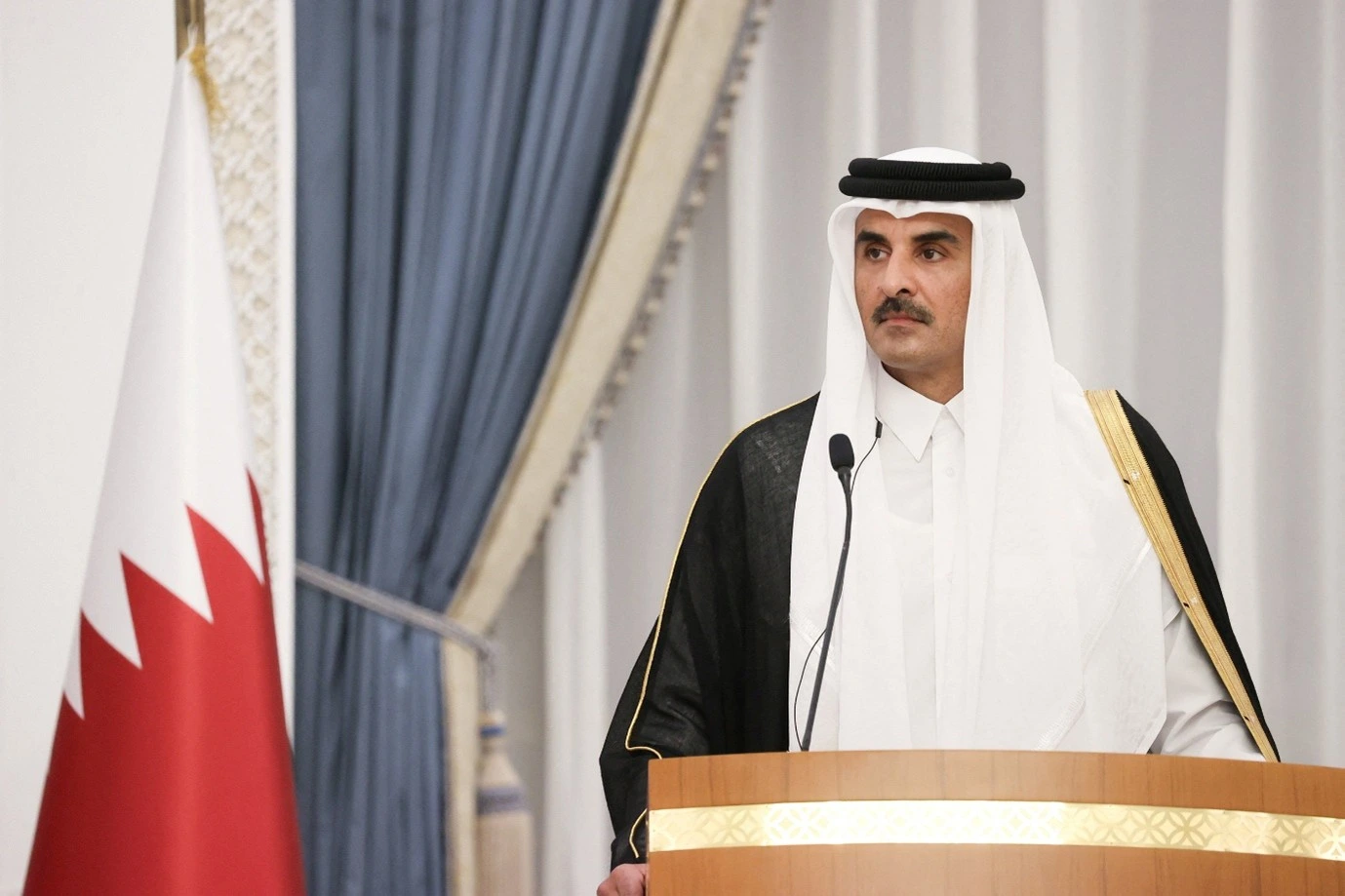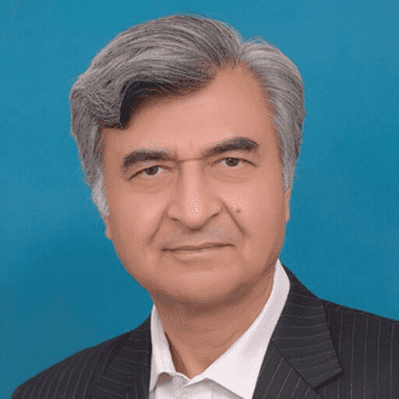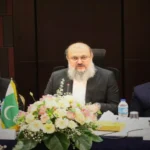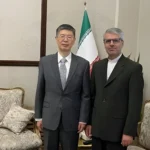Israel is increasingly shifting its strategic focus toward Qatar, marking a significant transition in its approach to regional threats. This shift does not centre on traditional military conflict but rather on the growing importance of soft power. Israel, once singularly concentrated on Iran as its primary adversary, now views Qatar, especially through its global media network Al Jazeera, as a major force challenging its image and influence. The emerging confrontation is one fought not on battlefields, but through narratives, information, and diplomacy.
Al Jazeera stands at the core of this evolving struggle. With its vast global reach and state funding, the network plays a critical role in shaping public opinion about the Middle East, often portraying the Israeli-Palestinian conflict in ways that Israel perceives as hostile or unfair. Al Jazeera’s Arabic and English channels serve distinct audiences, but both have drawn Israeli criticism for amplifying voices aligned with resistance movements and frequently airing coverage that frames Israel in a negative light. In this context, Israel sees Al Jazeera not as an ordinary media outlet, but as an instrument of Qatari policy designed to undermine Israeli legitimacy.
This perception has led to a series of calculated moves by Israel aimed at neutralizing what it now considers a significant propaganda front. Israeli authorities have passed laws that allow for the banning of foreign media outlets deemed a threat to national security, and Al Jazeera has already been a primary target. Offices have been closed, journalists detained or accused of terrorist affiliations, and broadcasting equipment seized. These measures signal a clear intent: to disrupt Al Jazeera’s operations and diminish Qatar’s media influence, especially during times of conflict when media narratives carry tremendous weight.
Beyond the media realm, Israel is broadening its campaign to challenge Qatar’s influence in other soft power domains. Qatar’s investments in education, international sports, and cultural diplomacy have elevated its global standing. Israeli policymakers now increasingly view these efforts as more than benign international engagement; rather, they are seen as part of a broader strategy to build Qatari influence and project power through non-military means. From funding universities and think tanks to hosting major global events, Qatar is positioning itself as a central voice in regional and international affairs, an ambition that Israel believes comes at its expense.
Diplomatic efforts are also part of this expanding campaign. Israel has quietly encouraged allies to reconsider their support for or cooperation with Qatari initiatives. At the same time, Doha’s involvement in mediating ceasefires and hostage negotiations in Gaza has complicated matters. While Qatar presents itself as a neutral facilitator, Israel sees a pattern in which Qatari influence benefits factions like Hamas, directly or indirectly, thereby reinforcing narratives that challenge Israeli authority and intentions. This perception has increased Israel’s determination to isolate and discredit Qatar in the court of international opinion.
The tension has also spilled into Israel’s domestic political scene. Allegations that Qatari funds may have reached political advisors or media consultants close to Israeli leadership have sparked investigations and controversy. These developments, while not central to the strategic campaign, highlight the complexity of confronting a country like Qatar, whose influence permeates not only regional dynamics but also internal political debates.
Qatar, for its part, strongly denies these accusations and defends its media and diplomatic roles as legitimate and necessary. It insists that Al Jazeera operates with editorial independence and that its role in the region is one of mediation and conflict resolution, not agitation. Nevertheless, Israeli actions suggest that this explanation is no longer accepted in Tel Aviv. The growing Israeli hostility toward Qatar, particularly its soft power mechanisms, shows that Israel is no longer willing to tolerate what it sees as coordinated efforts to weaken its image and empower its adversaries through media and diplomacy.
This new phase in Israeli foreign policy reflects a broader transformation in how power and influence are exercised in the 21st century. The ability to shape narratives, sway public opinion, and define the moral context of conflict has become as valuable as military superiority. Israel’s focus on Qatar underscores the recognition that state-sponsored media and soft power tools can be just as impactful, and threatening, as weapons and armies.
Looking ahead, this clash is likely to deepen. Israel may continue to tighten restrictions on Al Jazeera and seek to undermine Qatar’s broader influence on global platforms. In response, Qatar will likely double down on its media, diplomatic, and humanitarian efforts, aiming to maintain its reputation as a key mediator and voice in the Muslim world. The result is an emerging contest not over territory, but over truth, perception, and moral authority. In this struggle, cameras, microphones, and strategic messaging may prove more decisive than conventional firepower.








